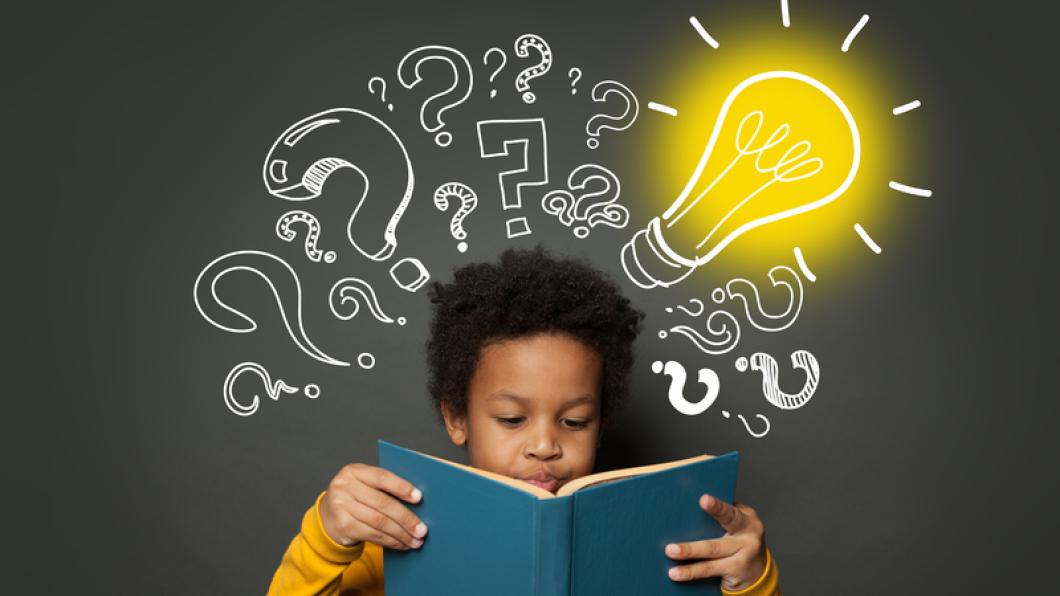
Reading roundup: The child as the parent's double in 'Doppelganger'
By Louise Kinross
Doppelganger: A Trip Into the Mirror World begins with author Naomi Klein talking about what it was like to be constantly confused with Naomi Wolf, author of The Beauty Myth, who has become a prominent anti-vaxxer and Covid conspiracy theorist.
"For centuries, doubles have been understood as warnings or harbingers," she writes. "When reality starts doubling, refracting off itself, it often means that something important is being ignored or denied—a part of ourselves and our world we do not want to see—and that further danger awaits if the warning is not heeded. That applies to the individual but also to entire societies that are divided, doubled, polarized, or partitioned into various warring, seemingly unknowable camps."
I picked the book up because I'd read she writes about parenting her autistic son. Indeed, chapter 10 focuses on her experiences with a community of parents “at ‘war’ with the autism in their child,” and “an industry of strange magical cures" that cashes in on their desperation.
Naomi explores how the cultural idea of a child being a parent’s double—or mini-me—is a contributing factor, making it difficult for parents to accept their child's diagnosis.
“What are children for?” she writes. “Are they their own people, and our job, as parents, is to support and protect them as they find their paths? Or are they our appendages, our extensions, our spin-offs, our doubles, to shape and mold and ultimately benefit from?” And: “If a double that reflects well on them is what many parents are after, then disability arrives as an unwelcome interruption to those best-laid plans.”
Naomi talks about how "well-off liberal parents" have turned childhood into an "achievement arms race, one in which admittance to an elite university is the first of many finish lines..."
Is it any wonder, then, that we’re faced with “all the shame and pathologizing of kids who are different in our culture.
"For some parents, this experience of not fitting, of being extremely and glaringly distinguishable, and not in ways that bestow status, clearly triggers deep fears about falling behind in the perfectibility race in this world of so many little mirrors," she writes.
There is much to think about for parents of children with disabilities in Naomi's writing.
I will leave you with this: “Having a child who does not fit conventional definitions of normalcy, who is distinguishable from their peers, can be an extraordinary gift.”
Like this story? Sign up for our monthly BLOOM e-letter. You'll get family stories and expert advice on raising children with disabilities; interviews with activists, clinicians and researchers; and disability news.